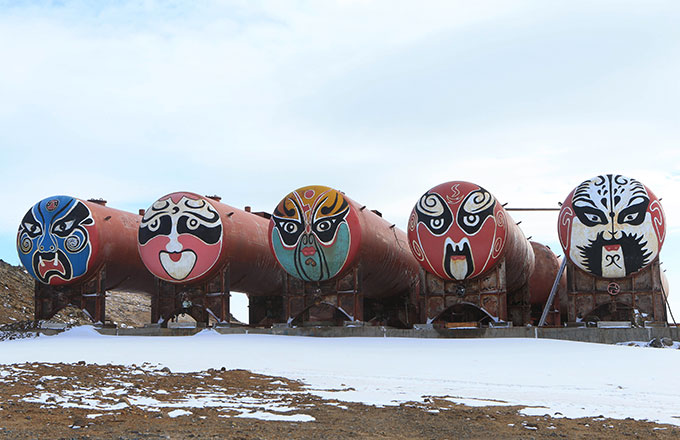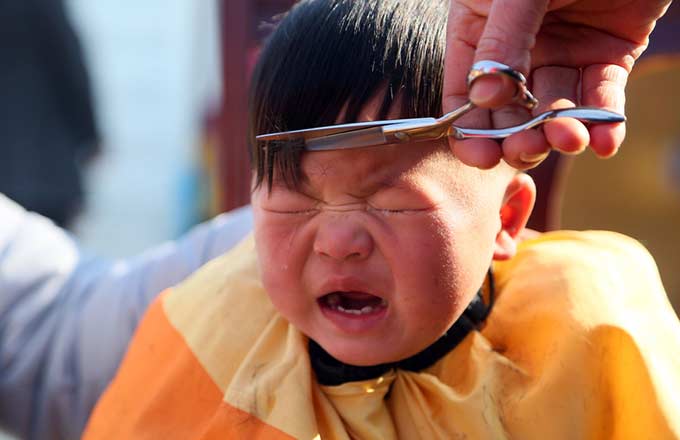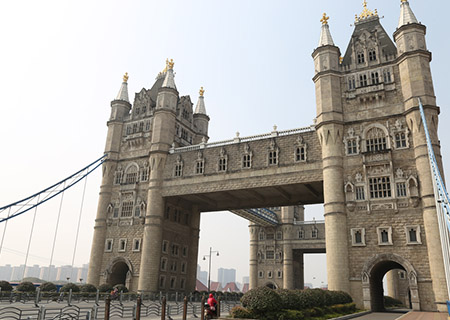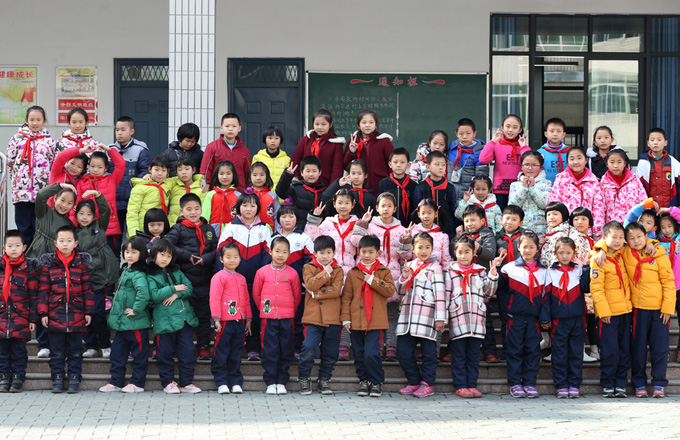Coastal cities fall victim of maritime pollution
BEIHAI - China's coastal areas are suffering from maritime pollution as scenic spots and local environments become increasingly threatened.
Two days of gales last week resulted in almost sixty tons of garbage ending up onshore at Silver Beach, dubbed China's No 1 beach, in the southern coastal city of Beihai in Guangxi Zhuang autonomous region.
Alongside natural waste such as seashells, seaweed and dead crabs, rubbish dotted the site, turning Silver Beach into a land of garbage.
Plastic bags, beer bottles, shattered glass and bamboo sticks used for barbecues were seen piled up in the middle and eastern areas of the beach, thanks to southwestern monsoons.
But the 60 tons of rubbish is just part of a broader picture.
Last year alone, an estimated 1,800 tons of garbage was found on the beach, according to Yin Fengzhang, environment management director with the Management Office of Beihai Silver Beach Tourist Area.
Beihai, however, is the epitome of many Chinese coastal cities struggling with maritime pollution, said Chen Changrong, director of the Policy, Regulation and Planning Section of Beihai's Oceanic Administration Bureau, who boasts 25 years of experience on maritime issues.
He said that Beihai is located in the Beibu Gulf area, where large-scale industries are still in their starting phase, and the maritime pollution the city faces is not the worst among China's coastal cities.
The country's 2012 report on maritime environment quality shows that floating chunks of rubbish on supervised waters off the country's coastal cities averaged 17 pieces per kilometer in 2011, and the number more than doubled to 37 in 2012.
Meanwhile, the national average beach garbage density of coastal cities was 1,114 kg per square kilometer in 2011, and jumped to 2,494 kg per square kilometer last year.
Garbage from Human society
According to China's 2012 report on maritime environment quality, 87 percent of garbage floating on the surface of the sea was a result of human behavior, and the rate reaches 94 percent when it comes to beaches.
Experts note that an obvious source of the garbage is tourists, who often leave litter, such as plastic bags, bottles and snack-boxes at tourist destinations by the sea. On Silver Beach, for instance, tourists can be seen throwing napkins away, largely ignoring the garbage bins available.
A local trader at Silver Beach surnamed Su said that even during slack seasons, the beach is filled with rubbish from tourists.





















